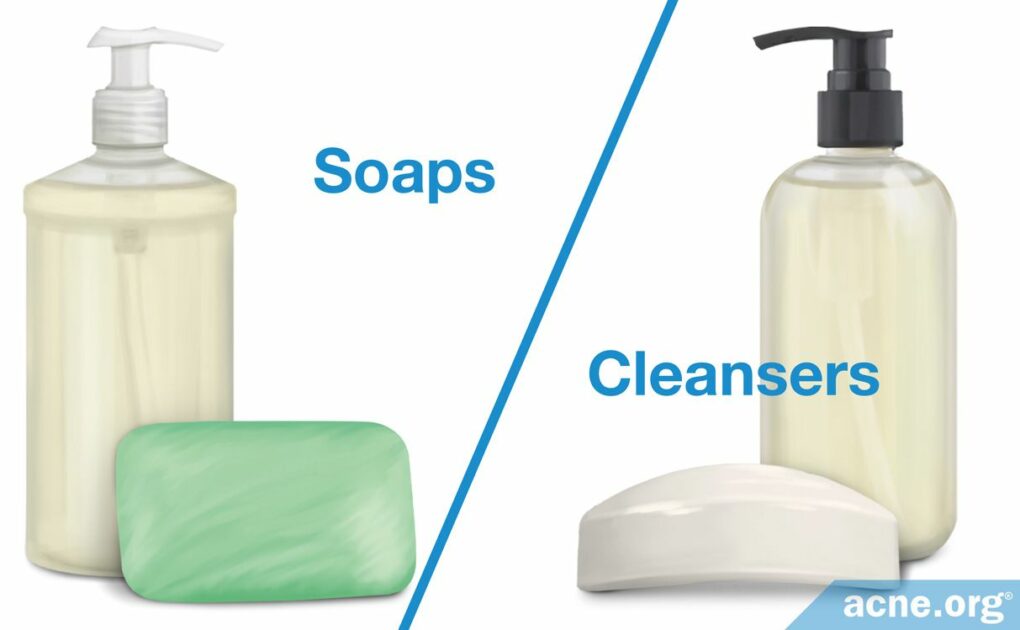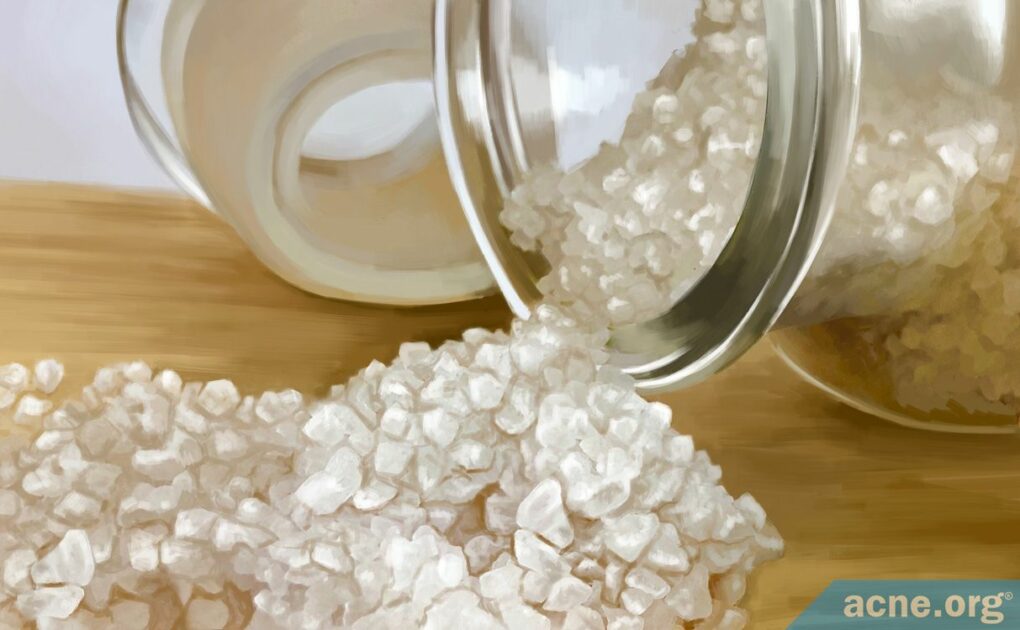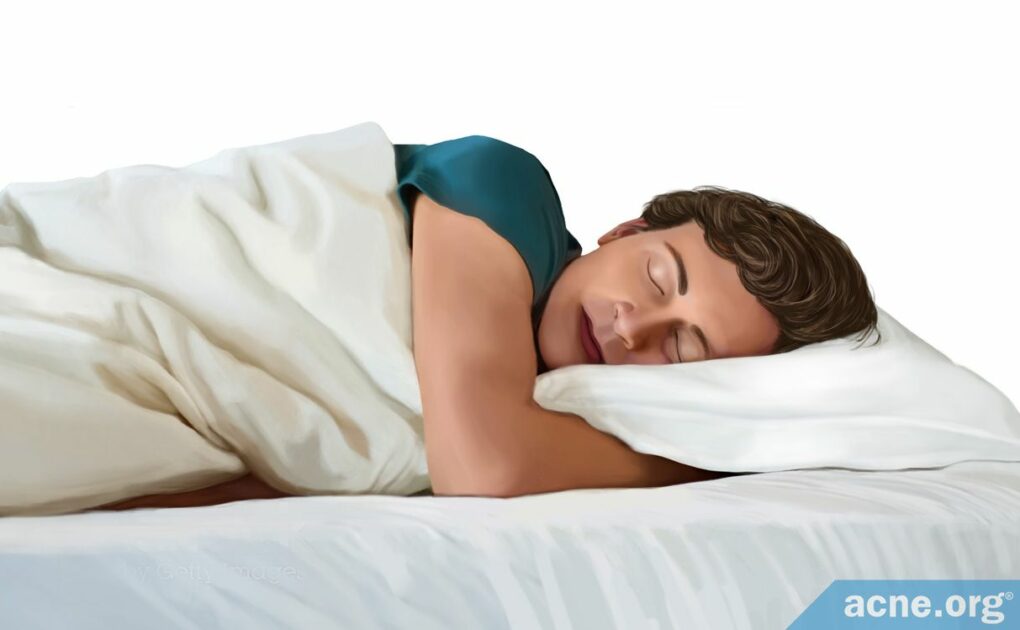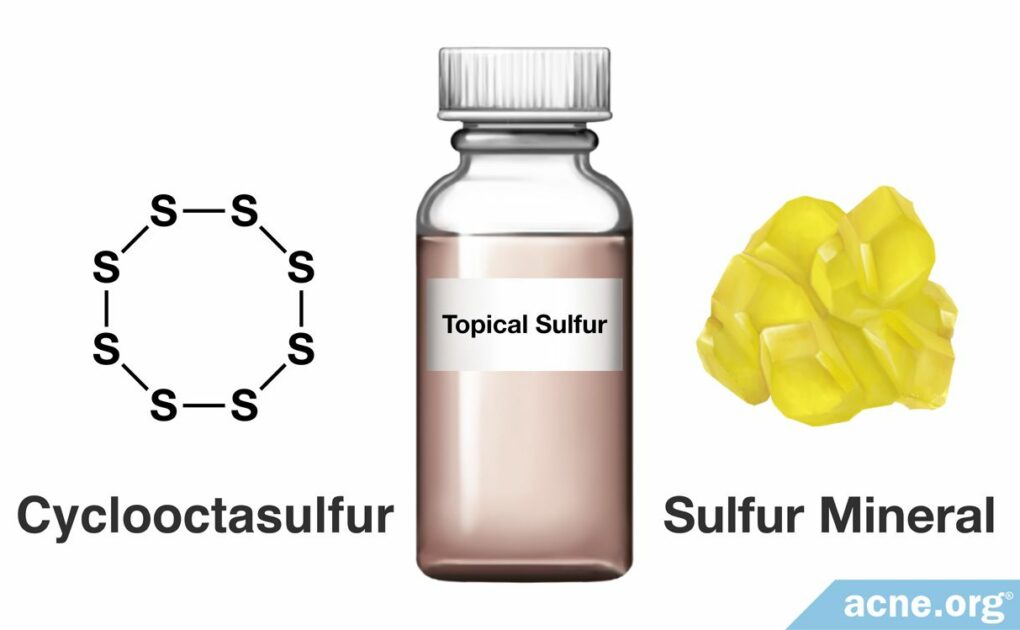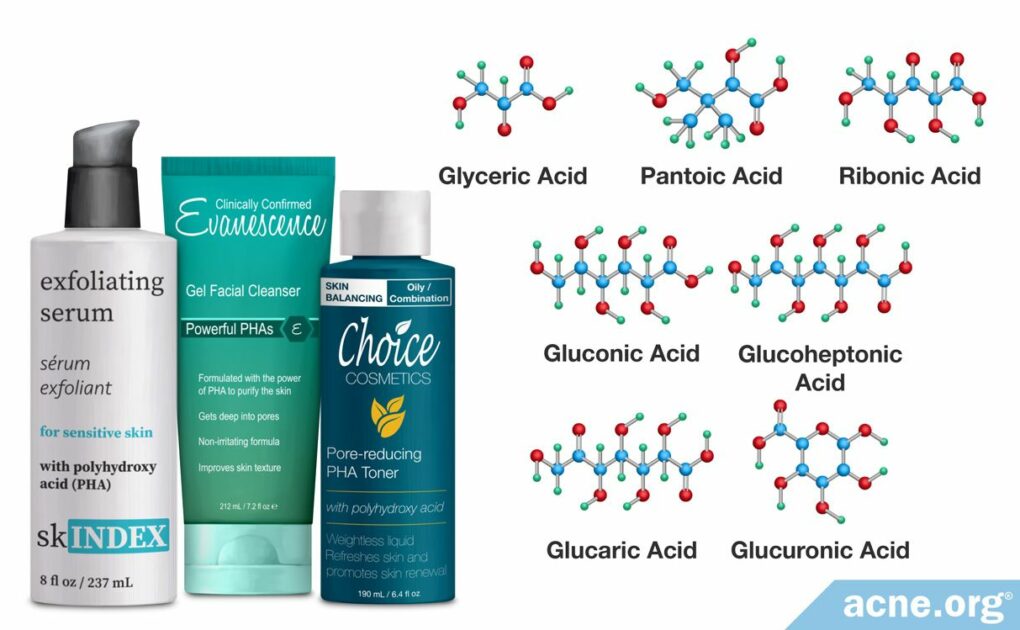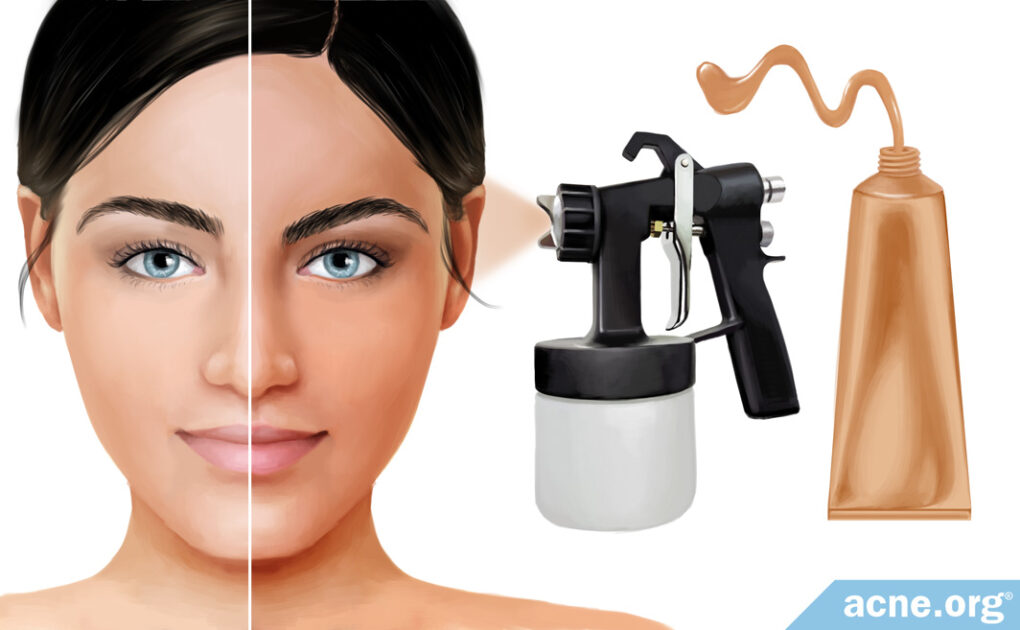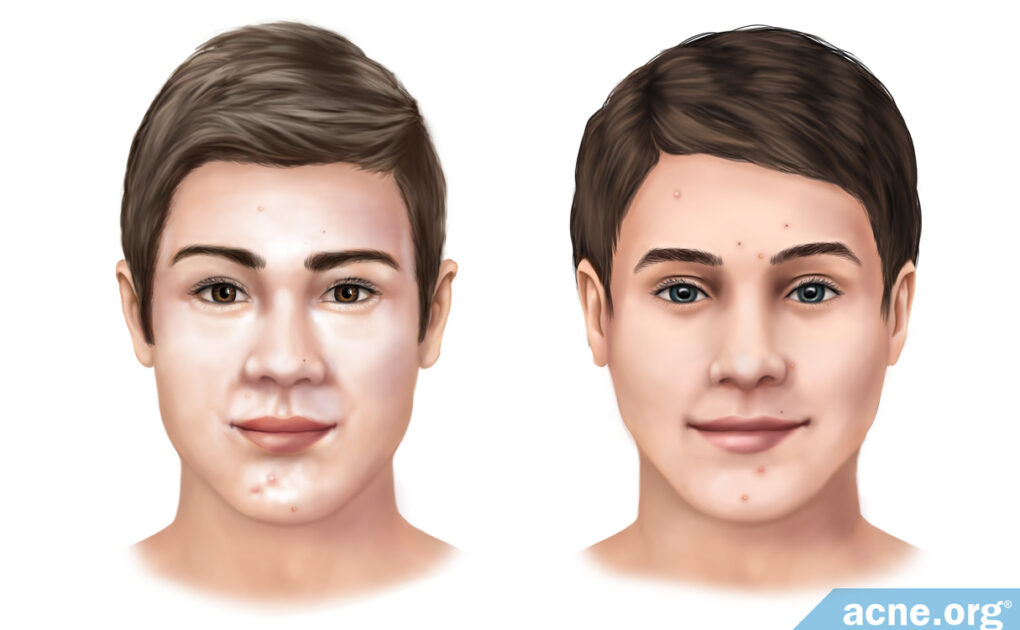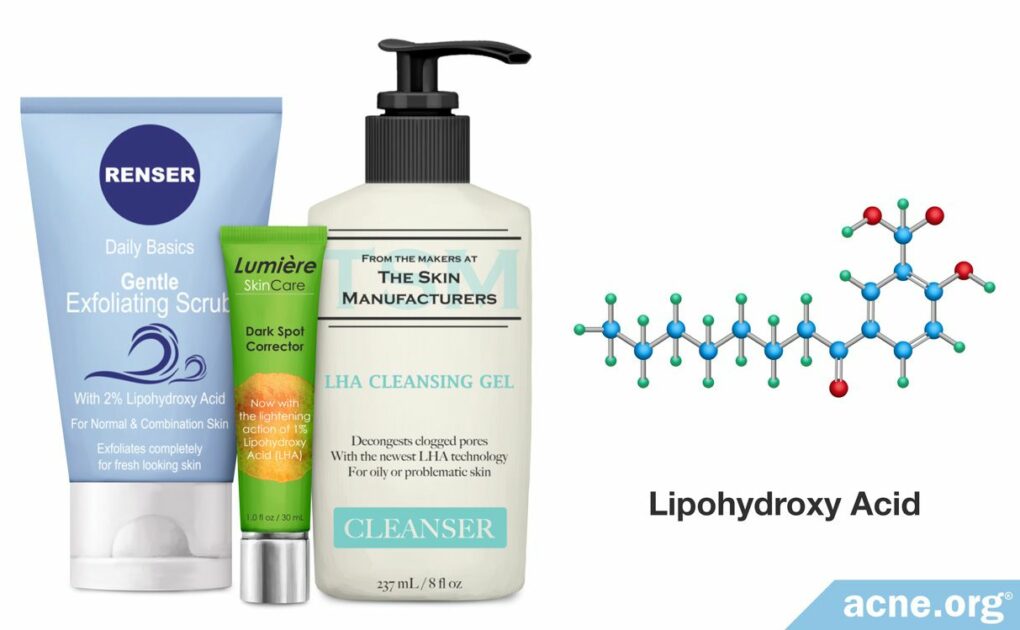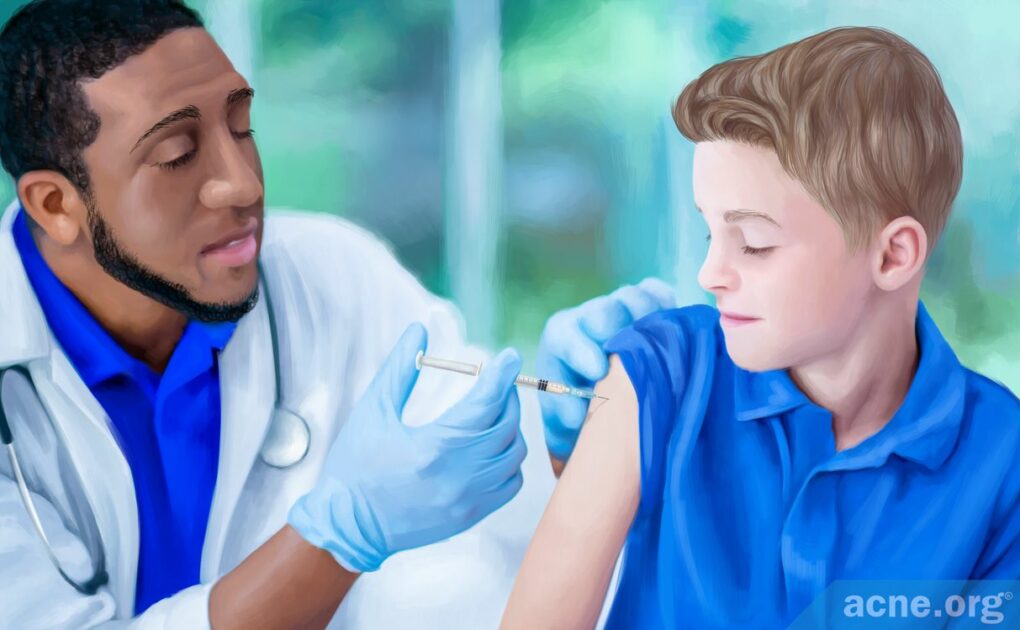Soaps or Cleansers: Which Is Better for Acne-prone Skin?
Mild Liquid Facial Cleansers Are Best for Acne-prone Skin. Avoid Soap. The Essential Info The name of the game when it comes to washing acne-prone skin is to stay as gentle as possible and not irritate the skin. Facial cleansers are much milder and less irritating than soap. So the answer is clear, opt for a …
 Acne.org Products
Acne.org Products